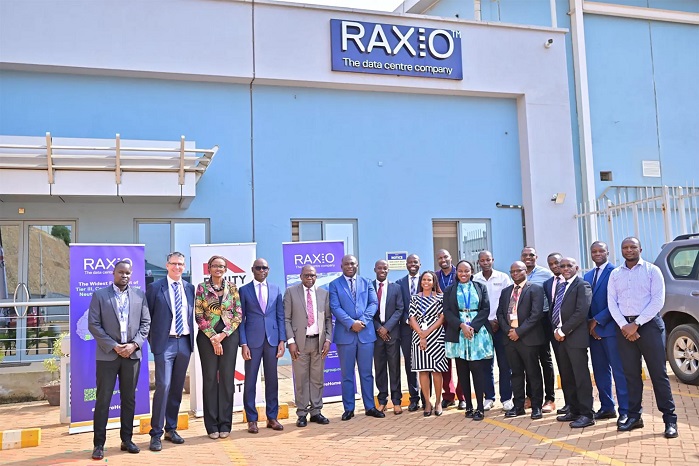
Fiona Njuki, 35, invested sh4m into her Boutique business located in Naminya village, Njeru Municipality
HABARI DAILY I Kampala, Uganda I Characterised by one of the lowest interest rates ever presented on the Ugandan market, loans under the Generating Growth Opportunities and Productivity for Women Enterprises (GROW) project have attracted hundreds of applicants.
The recent Quarterly Progress Report for the period October – December 2024, which highlights the performance of GROW loans, whereas over 2,175 women entrepreneurs from 86 districts and 3 cities around Uganda have so far accessed up to sh50b, hundreds more are in the cue, and are waiting for their chance to access the funds.
“There is notably high demand for GROW loan, requiring additional funds allocation from Government,” reads the report in part, saying that the 6 participating financial institutions (PFIs) have lined up applicants for funds to be released in the next tranche.
Reads the report: “The total budget for the GROW Loan is only $50m for the entire project period out of the total project fund of $217m. Hundreds of applications have been approved by PFIs, while other women are also coming on board.”
Missing collateral
When it comes to the issue of collaterals, some women reportedly do not have the required collateral for larger amounts of loan, even when their business have the cash flows for repayments.
“PFIs offer a broad range of loan products with flexible collaterals, in the form of movable household assets, registered and unregistered land, business and household equipment to mention a few. The requirement for collateral ensures repayment of the GROW loans,” further reads the report.
It further says that there is widespread lack of the required business records and cash flows needed for the GROW loan application.

Dr Ruth Aisha Biyinzika Kasolo, the GROW project Coordinator
As a result of this hiccup, the project is redesigning some sub components to support the borrowers acquire the necessary business development skills, such as financial literacy, business acceleration, and business registration,” further says the report.
Hindrances to overcome
Much as it has largely moved on well, the GROW project has some issues for attention noticed along the implementation path.
One of these is the misconception about who is eligible to benefit and who is not.
“There is a continued outcry and complaints from women who do not have established businesses or lack sufficient cash flows to qualify for the GROW Loan, as being excluded from this highly lauded government initiative,” further reads the report.
It further says that by design, the project target women entrepreneurs who have graduated from various government livelihood and emancipation programmers (PDM, EMYOOGA, UWEP and the YLP), whose businesses should be productive and able to pay back the borrowed funds.
The other big misconception is that GROW Loan funds have been exhausted and that banks have stopped lending through this facility.
Dr Ruth Aisha Biyinzika Kasolo, the Coordinator of the GROW project assured Ugandans that the loan facility is still well capitalized and waiting for more women borrowers.
“The funds are still available to meet the current demand for GROW loans. The project is designed in such a way that funds are disbursed in tranches. More tranches are yet to come, and women should remain hopeful,” she said.
She said that in order to ensure transparency, the PFIs are evaluated before subsequent disbursements.
“PSFU, under which we fall, contracted an independent firm, KPMG to undertake due diligence and verify the loans disbursed, eligibility of the beneficiaries, portfolio including the amount available for relending, before subsequent tranches are disbursed.”




